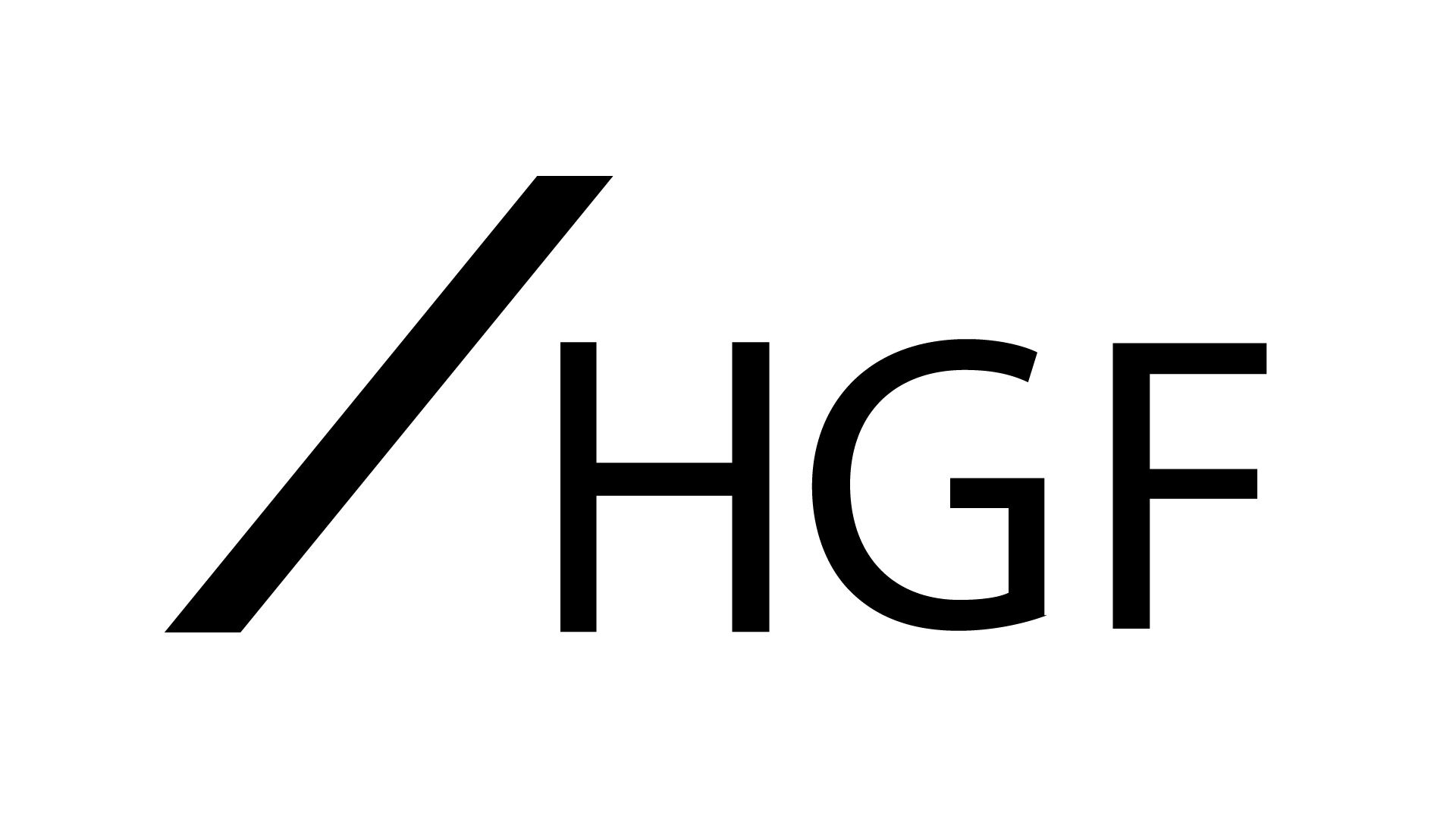Blogs
IP Ingredients, Part 19: Biting into the Olympic Games
August 2024
The Olympic Games, currently ongoing in Paris as I write, is one of the most prestigious global sporting events and a prime marketing opportunity, one which food and drink brands have frequently taken advantage of.
However, with the opportunity comes a level of risk that companies need to navigate to avoid falling foul of the legal protection afforded to the Olympic Games and laws around ambush marketing.
Protection afforded to the Olympic Games
The UK Trade Mark Act 1994 provides a special provision under Section 4(5) ‘Specially Protected Emblems’ which states that a trade mark that consists of or contains a controlled representation within the meaning of the Olympic Symbol etc. (Protection) Act 1995 shall not be registered unless it has been applied for by someone authorised by the relevant Olympic association or with their consent.
Further rights conferred by the Olympic Symbol etc. (Protection) Act 1995, amongst others, include exclusive rights in relation to the use of the Olympic symbol, the Olympic motto and the protected words, which include “Olympic”, “Olympian”, and “Olympiad”.
The International Olympic Committee (Comité International Olympique) also own various trade mark registrations in the UK for other brands, including those that get repeated across each event such as OLYMPIC TORCH RELAY and the Olympic Rings Logo , as well as those that are event specific such as the Paris 2024 Olympic Games Logo.
UK Trade Mark No. UK00801026242 and UK Trade Mark No. UK00801527944
Anyone attempting to include one of the protected words or symbols in their brand will encounter issues in obtaining a trade mark registration before the UK Intellectual Property Office and could potentially face trade mark infringement proceedings.
Sponsorship and Official Partners
One way food and drink brands can legally associate themselves with the Olympics is through official sponsorship. Becoming an official sponsor allows brands to use Olympic trade marks in their marketing, as well as enjoying their brand being shown at the games. For example, Coca-Cola is one of this year’s Worldwide Partners for the Paris Olympic Games, with others like the retailer Carrefour and Danone being a premium partner and official partner respectively.
Being long time partners for the Olympic Games, as the Coca-Cola brand has been for decades, allows them to leverage this status to run extensive marketing campaigns that can potentially reach billions of people around the world, thereby significantly enhancing the brands visibility and consumer trust.
Ambush Marketing
However, with the cost of becoming an official sponsor reportedly being in the several millions of pounds, it is understandable that some brands are not willing or able to secure official sponsorship. For such brands, the temptation to engage in ambush marketing can be high.
Ambush marketing is the creation of an unofficial association between an organisation/brand and a particular event, thereby reaping the recognition and benefit of an official sponsor without having paid for the privilege[1]. This tactic, while appealing, can lead to severe repercussions. The International Olympic Committee is known to actively monitor and enforce its trade marks and other legal rights, and brands caught violating these regulations can face lawsuits, fines and the impact of a rebrand or loss of marketing campaign investments, as well as damage to their reputation.
The IOC has successfully taken legal action against several companies for such practices, emphasizing the importance of adhering to trade mark.
In one incident during the London 2012 Olympic Games, a butcher in Weymouth (Devon) where the sailing was held, who had put up a sign featuring the Olympic rings logo made of sausages, was instructed to take this down or potentially face a significant fine[2].
Navigating Trade Mark Regulations
To avoid legal pitfalls, food and drink brand owners must carefully navigate the trade mark landscape associated with the Olympics. Here are some key considerations:
- Understanding the Rules: Brand owners should familiarise themselves with the IOC’s trade mark rules and guidelines. This includes knowing what symbols, phrases and imagery are protected and understanding the limits of fair use.
- Creative Campaigns: Non-sponsoring brands need to develop creative marketing strategies that do not infringe on Olympic trade marks. Instead, these could focus on other themes relating to athletes, such as competition or athleticism.
- Legal Consultation: Consulting with trade mark attorneys or experts in ambush marketing can help brands ensure their campaigns comply with all regulations. This proactive approach can prevent costly legal disputes and protect the brand’s reputation.
Conclusion
The allure of the Olympic Games for food and drink brands is undeniable, but the stringent trade mark regulations require careful navigation. By understanding the rules, seeking creative and compliant marketing solutions, companies and their brands can effectively leverage the Olympic spirit without falling into the trap of trade mark infringement or ambush marketing.
This article was prepared by Trade Mark Director Tanya Waller.
[1] https://www.lexisnexis.co.uk/legal/glossary/ambush-marketing





























